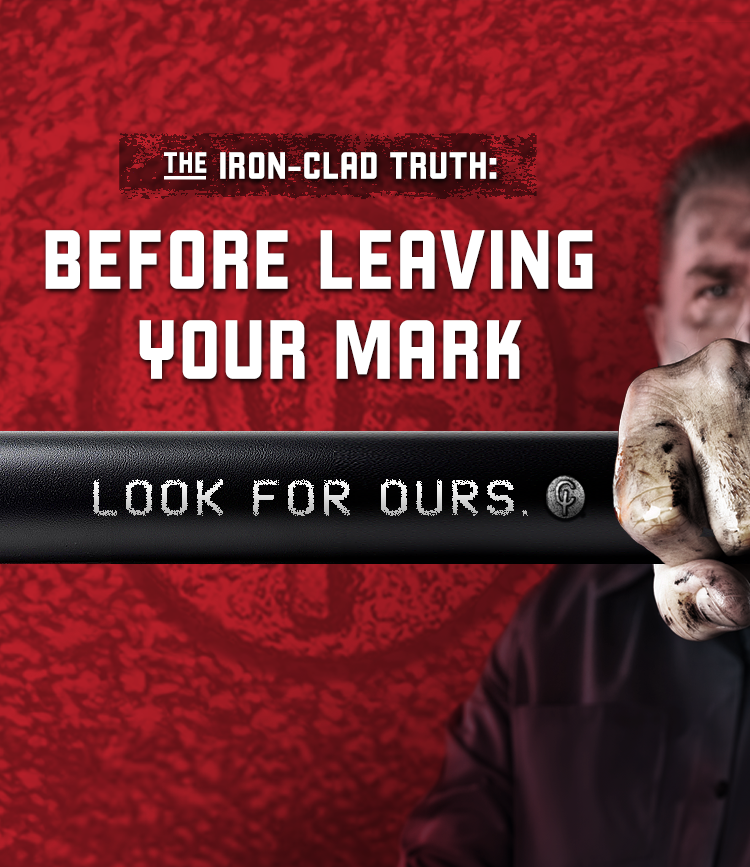

The CISPI seal is only found on American-made cast iron soil pipe manufactured to the industry's highest quality control requirements. In fact, for more than 75 years we have been the authority on all things related to the use of pipe and fittings in drain, waste and vent applications. We offer a wealth of best practices and a deep understanding of codes, standards and product installation. And even though we have cast iron in our name, there are circumstances where we'll tell you cast iron may not be right for your project. Because as an institute, we are only interested in educating, not selling. So whether you're an installer or engineer, contractor or facilities manager, if you want to know what's best for your project—and your reputation—contact CISPI. And get more than just the facts. Get the iron-clad truth.
Overseas standards are NOT U.S. standards.
We're not saying all imported cast iron pipe and fittings fail to meet product standards. But we haven't seen any that meet all aspects of those standards. With more than 75 years of experience and a deep understanding of codes, standards and product installation, CISPI can look through manufacturer product test reports with you and give you an honest assessment.
Standards & Specifications

Performance:
Not all soil pipe is created equal.

Thermal Expansion
per 100° temp changeCast Iron <1"
PVC 3.6"

Crush Loads
Cast Iron 8X-10X
more durable
 Max Working
Max WorkingTemperature
Cast Iron 212°F
PVC 140°

Hanger Spacing
Cast Iron every 10'
PVC every 4'
Life Safety:
When the heat is on, cast iron keeps its composure.

Noncombustible
- Cast iron is noncombustible and can be used in return air plenums
- PVC is combustible and does not meet code, smoke, and flame spread requirements

Fire Resistive
- Cast iron only requires a noncombustible seal of the annular space between the wall/floor fire-rated barrier and the pipe
- PVC requires complex tested and listed fire-rated assemblies and is hard to get right
Sustainability:
True legends never die.

Cast iron soil pipe and fittings are made from 96+% post-consumer scrap and are 100% recyclable at the end of life. In other words, they'll be around longer than any of us will be.
Underground:
Made on American soil. Made for American soil.
When it comes to underground installation, cast iron pipe and fittings have no equal. Installation is simpler, durability higher – up to 10x higher than comparable PVC – and you can trust that American-made cast iron meets the industry's product standards. So when you're determining the cost of your next project, remember this important truth: The cost of the material is NOT the cost of the installation.

This rigid material does not depend on sidefill stiffness, so the trench can be as narrow as the installer needs.

As a flexible material, it is dependent on proper installation per ASTM D2321. PVC pipe is dependent on sidefill stiffness to limit deflections. ASTM D2321 recommends a trench width of the pipe outside diameter plus 16 inches. Additionally, special requirements for compaction and backfill material is needed to limit deflection.

